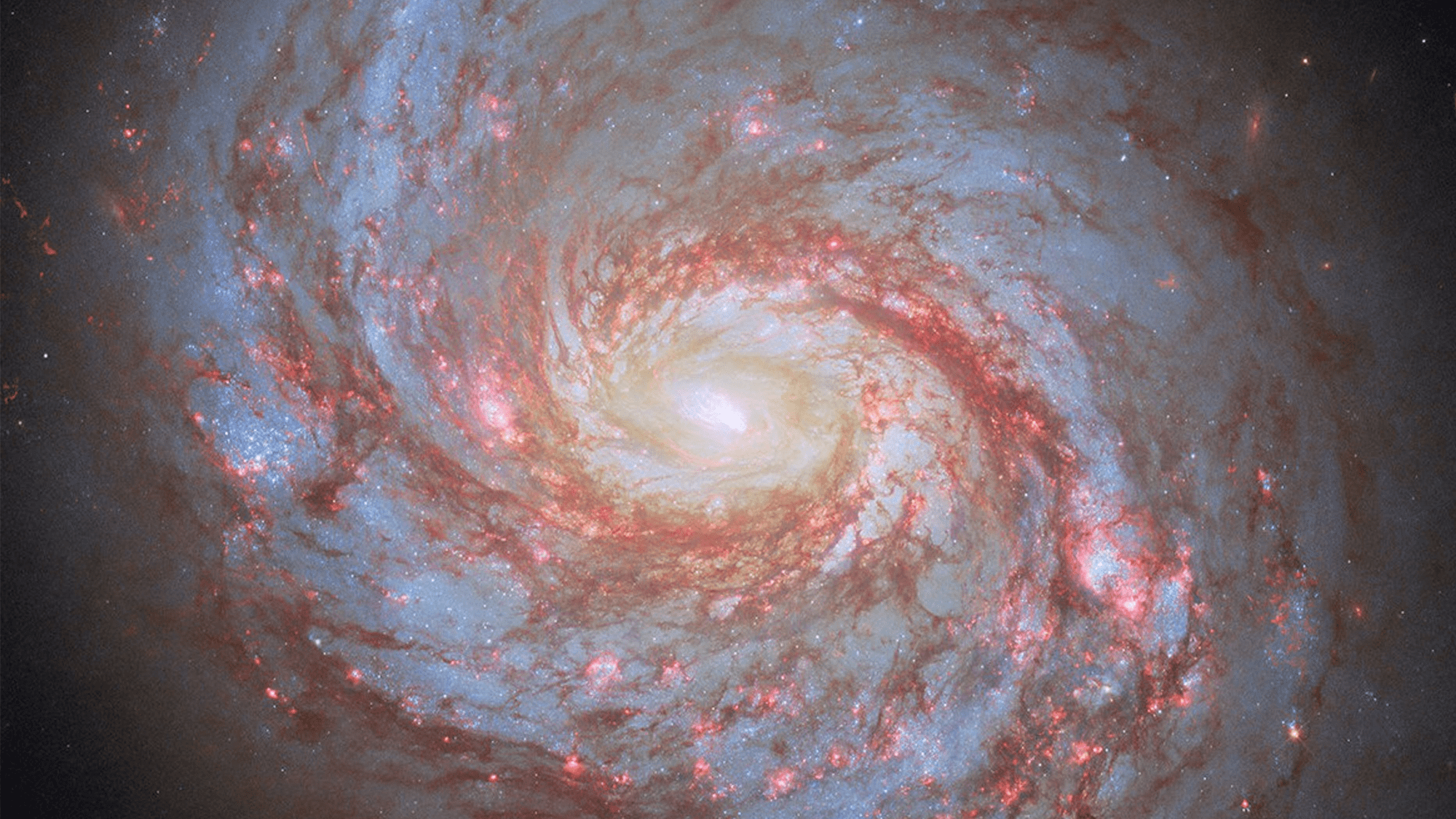Beyond Boundaries: The Mind-Bending Truth About the Universe's Endless Frontier
Science
2025-04-22 13:00:00Content

Exploring the Universe: Glimpsing Infinity from Our Cosmic Peephole
Imagine standing in a tiny room with a single small window, trying to understand the entire world outside. This is remarkably similar to how astronomers and cosmologists explore the vast universe from our minuscule vantage point on Earth. Despite being confined to an incredibly limited observable space, human curiosity and scientific ingenuity have allowed us to piece together an extraordinary understanding of cosmic evolution and structure.
Our observable universe is like a cosmic bubble with Earth at its center, extending approximately 93 billion light-years in diameter. This might sound enormous, but it's merely a fraction of what potentially exists beyond our visual horizon. Advanced telescopes, space probes, and sophisticated mathematical models have become our tools for peering deeper into this cosmic mystery.
Cutting-edge technologies like gravitational wave detectors and powerful radio telescopes have revolutionized our ability to detect signals from incredibly distant cosmic events. These instruments allow scientists to reconstruct the universe's history, map its large-scale structures, and even detect remnant radiation from the Big Bang.
By analyzing light from distant galaxies, measuring cosmic microwave background radiation, and tracking the movement of celestial objects, researchers can extrapolate complex theories about universal expansion, dark matter, and the fundamental laws governing cosmic evolution. Our tiny observable bubble, far from being a limitation, has become a remarkable window into understanding the infinite.
Cosmic Whispers: Unraveling the Mysteries Beyond Our Celestial Horizon
In the vast expanse of the universe, humanity stands as a mere microscopic observer, peering through a tiny window of comprehension into the infinite cosmic landscape. Our understanding of the cosmos is both humbling and exhilarating, a delicate dance between scientific curiosity and the profound limitations of our observational capabilities.Exploring the Boundaries of Human Knowledge in Astronomical Discovery
The Observable Universe: A Fragile Lens of Perception
The concept of an observable universe represents far more than a simple astronomical measurement. It is a testament to human ingenuity and technological advancement, revealing how our species has developed increasingly sophisticated methods to peer beyond immediate perceptual boundaries. Modern telescopes and advanced imaging technologies have transformed our understanding, allowing scientists to capture light from billions of light-years away, essentially looking back in time. Sophisticated instruments like the Hubble Space Telescope and the James Webb Space Telescope have revolutionized our cosmic perspective. These technological marvels capture electromagnetic radiation across multiple wavelengths, providing unprecedented insights into distant galaxies, nebulae, and cosmic structures that were previously invisible to human observation.Quantum Mechanics and Cosmic Scale: Bridging Microscopic and Macroscopic Realities
The intersection of quantum mechanics and astronomical observation presents a fascinating philosophical and scientific challenge. At the quantum level, particles behave in ways that defy classical physics, exhibiting properties of both waves and particles. When scaled to cosmic dimensions, these quantum principles interact with gravitational forces in complex and often counterintuitive ways. Researchers are increasingly exploring how quantum entanglement might provide insights into cosmic structure and evolution. The potential for quantum mechanics to explain dark matter, dark energy, and the fundamental nature of spacetime represents a frontier of scientific exploration that challenges our traditional understanding of reality.Technological Innovations Expanding Cosmic Understanding
Emerging technologies are continuously expanding our cosmic comprehension. Gravitational wave detectors, for instance, have opened entirely new channels of astronomical observation. These instruments can detect ripples in spacetime caused by massive cosmic events like black hole mergers, providing information that traditional electromagnetic observations cannot capture. Artificial intelligence and machine learning algorithms are now being deployed to analyze astronomical data, identifying patterns and potential discoveries that might escape human researchers. These computational tools can process vast amounts of information from space telescopes and observational platforms, accelerating our understanding of cosmic phenomena.Philosophical Implications of Cosmic Exploration
Beyond scientific measurement, our exploration of the cosmos raises profound philosophical questions about humanity's place in the universe. Each technological breakthrough challenges existing paradigms, forcing us to reconsider our understanding of existence, consciousness, and our relationship with the broader cosmic environment. The very act of observing the universe transforms our perception. As we develop more advanced technologies and theoretical frameworks, we recognize that our current understanding represents merely a snapshot in an ongoing process of cosmic discovery. The universe remains an infinite mystery, with each revelation generating more questions than answers.Future Trajectories of Astronomical Research
The future of cosmic exploration promises unprecedented opportunities. Proposed space missions, advanced computational models, and interdisciplinary research approaches are poised to revolutionize our understanding. Emerging technologies like quantum computing and advanced spectroscopic techniques will likely provide insights into cosmic phenomena that currently remain beyond our comprehension. International collaborations and open-source research platforms are democratizing astronomical knowledge, allowing scientists from diverse backgrounds to contribute to our collective understanding. This collaborative approach ensures that cosmic exploration continues to be a dynamic, evolving field of human inquiry.RELATED NEWS








